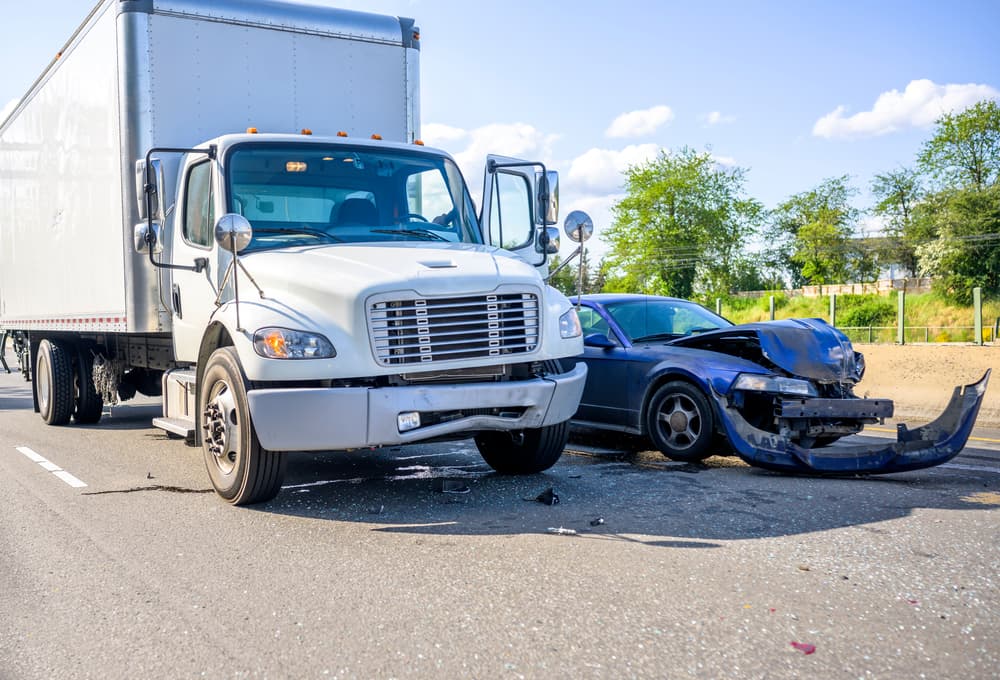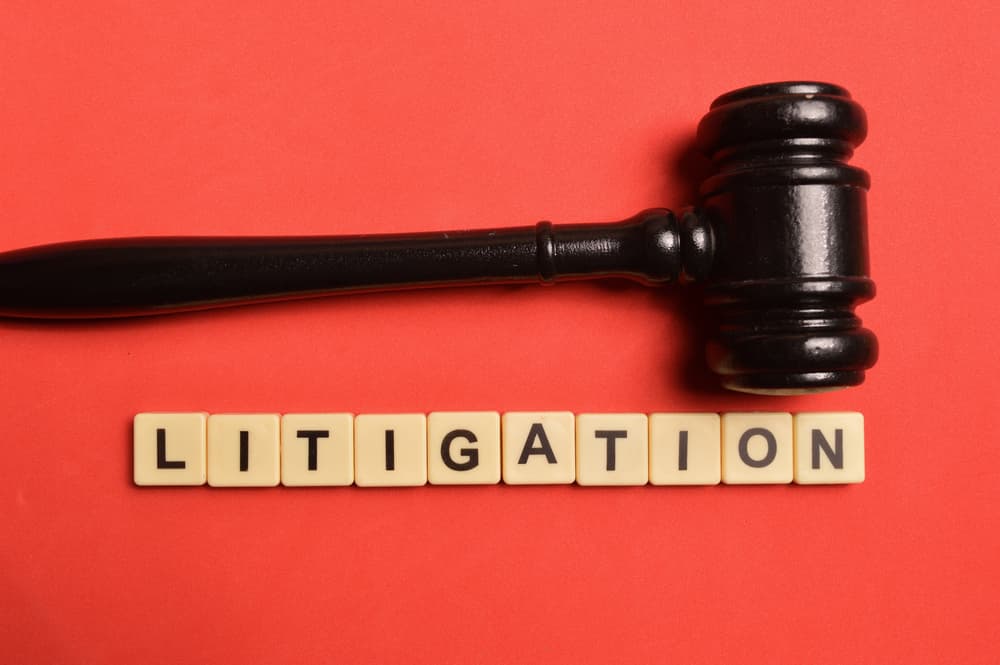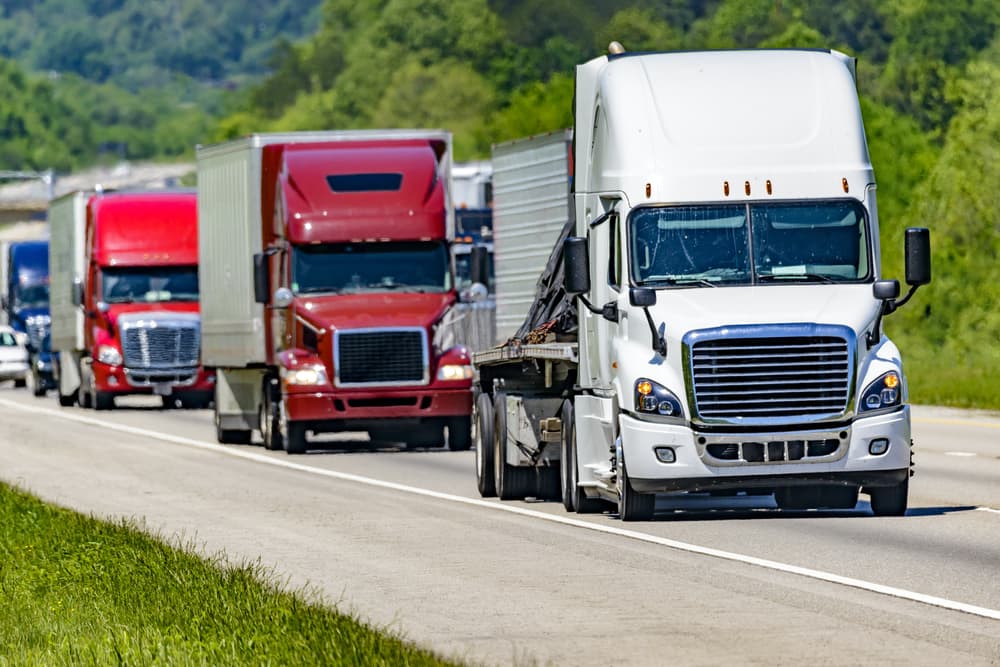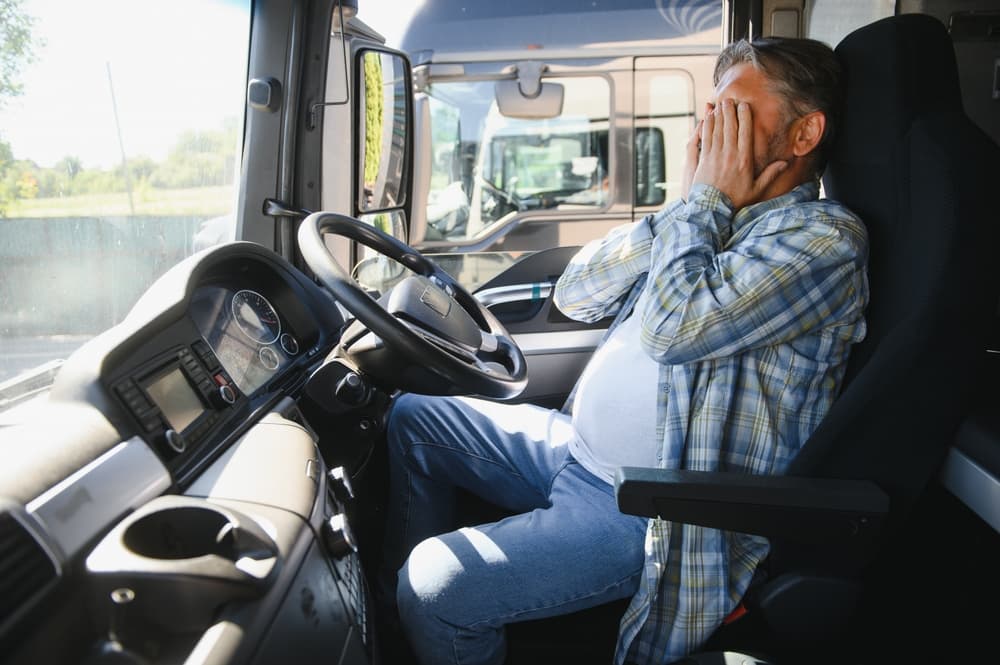Victims of truck accidents that result from a truck driver's or trucking company's negligence frequently suffer debilitating injuries that leave them incapacitated.
The monetary compensation that a truck accident victim may recover through a personal injury claim or lawsuit will depend upon certain factors, including the circumstances surrounding their accident and the severity of their injuries.
Generally, the more serious a truck accident victim's injuries, the more monetary compensation they can recover. For example, an injured accident victim may receive compensation for lost earnings, medical expenses, inconvenience, and pain and suffering.
One of the most important steps to maximize your settlement or litigation compensation is retaining an experienced truck accident lawyer who can manage every aspect of your claim or lawsuit. Your attorney can begin investigating the truck accident circumstances and work to secure the compensation you deserve for your losses.
Common Areas Where Truck Accidents Occur
Certain locations stand out as frequent sites for truck accidents.
These include:

- Highways and major expressways, arteries of transportation weaving through the city's landscape, are particularly susceptible to these incidents. The intricate network of interchanges and ramps introduces complexities, often leading to accidents that speeding, lane changes, or mechanical failures frequently cause.
- Truck accidents are also common near congested urban centers and industrial zones within the city limits. The combination of heavy commercial traffic, intricate road systems, and the presence of pedestrians and cyclists increases the risk of accidents, especially during rush hours or periods of heightened activity.
- Residential areas, marked by a mix of housing and local businesses, also witness their fair share of truck accidents. The challenges of navigating through narrower streets, frequent stops, and interactions with smaller vehicles pose risks, particularly when large trucks share the road with local traffic.
- Intersections, key nodes in the city's transportation grid, are notorious for truck accidents. The complexities of turning maneuvers and the need to navigate through cross traffic and pedestrians create scenarios where collisions often occur due to truck drivers' misjudgments or miscalculations.
- Construction zones, prevalent across the city for infrastructure development and maintenance, are additional hotspots for truck accidents. Reduced speeds altered traffic patterns, and the presence of construction vehicles and workers contributed to the potential for accidents, often due to driver inattention or failure to adapt to the changing conditions.
- Moreover, trucks cannot easily navigate entry and exit ramps along the expressways, leading to accidents when drivers fail to adjust their speed or misjudge the available space. These locations become especially precarious during adverse weather conditions, compounding the risks associated with truck accidents.
An analysis of the patterns of truck accidents in the metropolitan area shows that these incidents do not occur in a single location but rather manifest across a spectrum of urban landscapes.
Understanding the dynamics of these areas underscores the need for vigilance and adherence to safety protocols to mitigate the risk of truck accidents.
Who Is Responsible for a Truck Accident?
Determining responsibility for a truck accident due to someone else's negligence involves assessing several factors and potential liable parties.
The following entities may cause a truck accident:
- Truck Driver — In many cases, the primary responsibility falls on the truck driver. Negligent behaviors such as speeding, distracted driving, fatigue, impaired driving, or violating traffic laws can contribute to accidents. If the driver's actions are careless or reckless, they may be personally liable for the consequences.
- Trucking Company — The company that owns or operates the truck may share responsibility for an accident. They can be liable if the company fails to properly maintain the vehicle, adhere to safety regulations, or enforce reasonable working hours to prevent driver fatigue. Negligent hiring practices, inadequate training, or pressuring drivers to meet unrealistic deadlines can also contribute to accidents, making the trucking company culpable.
- Maintenance and Repair Companies — If a mechanical failure due to poor maintenance or faulty repairs causes an accident, the responsibility may lie with the maintenance or repair company. Regular inspections, proper maintenance, and prompt repairs are essential to ensure the safe operation of commercial trucks.
- Cargo Loaders and Shippers — Improperly loaded or secured cargo can lead to accidents. If cargo loaders or shippers fail to adhere to safety standards or the load shifts during transit, causing the accident, they may be liable for their negligence.
- Manufacturers of Defective Parts — If an accident results from a defect in the truck or its components, the manufacturer of the defective part may be responsible. This includes defects in brakes, tires, steering mechanisms, or other critical components that can compromise the truck's safety.
- Government Entities — Poorly maintained roads or inadequate traffic signage and signals can contribute to truck accidents. In some cases, government entities responsible for road design, maintenance, and safety may be liable if their negligence played a role in the accident.
Determining liability in a truck accident often requires a thorough investigation and legal experience. Multiple parties may share responsibility, and you need a lawyer who can identify the negligent actions that led to the accident.
Victims of truck accidents can seek legal assistance to navigate the complexities of liability and pursue compensation for their injuries and damages.
Common Truck Accident Injuries
Victims of commercial truck accidents, especially those involving tractor-trailers, often suffer a spectrum of injuries due to the sheer size and weight disparity between trucks and other vehicles on the road.
One of the most severe and common injuries is traumatic brain injury (TBI). The force of impact in truck accidents can lead to head injuries, causing cognitive impairments, memory loss, and altered mental states. TBIs can have lasting consequences, requiring extensive medical treatment and rehabilitation.
Spinal cord injuries are also frequent in commercial truck accidents. The impact can result in damage to the spinal cord, leading to partial or complete paralysis. These injuries profoundly affect a victim's quality of life, necessitating adaptive measures and ongoing medical care.
Severe neck and back injuries are likewise common, often in the form of whiplash or more severe conditions like herniated discs or fractures. The force of a truck collision can cause chronic pain, limited mobility, and long-term disability, affecting a victim's ability to perform daily activities.
Orthopedic injuries, including fractures and broken bones, are frequent due to the high impact associated with commercial truck accidents. These injuries typically require surgeries and extensive rehabilitation and may result in lingering pain and physical limitations, disrupting victims' normal routines and well-being.
Internal injuries, such as organ damage or internal bleeding, pose significant risks and may not be immediately apparent. The delayed onset of symptoms can complicate treatment and require urgent medical attention to mitigate potential life-threatening complications.
Facial injuries, ranging from lacerations to fractures, are also common. You may require reconstructive surgery, and the lasting cosmetic and functional consequences can significantly affect a person's self-esteem and quality of life.
Psychological trauma is a pervasive consequence of commercial truck accidents. Victims may suffer from post-traumatic stress disorder (PTSD), anxiety, and depression due to the emotional distress experienced during and after the accident. The psychological toll can be profound, affecting victims long after physical injuries have healed.
Understanding the full spectrum of injuries resulting from commercial truck accidents underscores the need for comprehensive medical attention, ongoing care, and legal support.
Victims often face a combination of physical, emotional, and psychological challenges, necessitating a comprehensive approach to recovery and seeking compensation for the damages these devastating accidents inflict.
Truck Accident Litigation Steps
Truck accident litigation involves a series of steps to determine liability, seek compensation, and achieve justice for victims.
The complexity of these cases necessitates a thorough and systematic approach:

- Initial Consultation — The process begins with the victim's consulting an attorney experienced in truck accident litigation. During this initial meeting, the attorney assesses the circumstances of the accident, gathers relevant information, and explains the legal options available.
- Investigation — The attorney conducts a comprehensive investigation into the accident. This involves obtaining the police report, collecting evidence from the scene, reviewing witness statements, and assessing the vehicles' condition. Additionally, the attorney may secure professional opinions, such as an accident reconstructionist, to analyze the details of the crash.
- Identifying Potentially Liable Parties — Determining who is responsible for the accident is crucial. Liability may extend beyond the truck driver to include the trucking company, maintenance providers, cargo loaders, or even manufacturers of defective truck parts. Identifying all liable parties is essential for building a comprehensive case.
- Medical Assessment — Ensuring that the victim receives proper medical attention is paramount. The attorney works closely with healthcare professionals to assess the extent of injuries, document medical expenses, and obtain professional opinions on the long-term consequences of the injuries.
- Engaging With Insurance Companies — The attorney communicates with the insurance companies involved, representing the victim's interests during negotiations. This involves presenting evidence, including medical records, witness statements, and professional opinions, to support the victim's claim for compensation.
- Filing a Lawsuit — If the parties cannot reach a fair settlement through negotiations, the attorney may advise the victim to file a lawsuit against the responsible parties. This formal legal action initiates the litigation process and triggers court proceedings.
- Discovery — During the discovery phase, both parties exchange information and evidence relevant to the case. This includes depositions, interrogatories, and requests for documents. The goal is to gather all pertinent details to build a compelling case.
- Negotiations and Settlement Discussions — There may be opportunities for settlement discussions throughout the litigation process. The attorney negotiates on behalf of the victim to achieve the best possible outcome, considering the damages incurred.
- Trial — If the parties cannot settle, the case proceeds to trial. The attorney presents the victim's case before a judge and jury, arguing for deserved compensation.
- Verdict and Appeal — The court reaches a verdict, determining the case's outcome. Either party may have the right to appeal the decision if dissatisfied with the outcome.
Truck accident litigation is a meticulous process that requires legal experience, thorough investigation, and strategic advocacy to secure compensation for victims and hold responsible parties accountable.
What Can You Receive Monetary Compensation for in a Truck Accident Claim or Lawsuit?
In a truck accident claim or lawsuit, victims may seek monetary damages to address a wide range of losses and hardships resulting from the incident. The compensation aims to provide redress for various negative consequences of the accident on the victim's life.
These damages fall into two categories — economic and non-economic damages.
Economic Damages:
- Medical Costs — One of the primary economic damages includes medical costs associated with treating injuries sustained in a truck accident. This encompasses emergency medical care, surgeries, hospital stays, medications, rehabilitation, and any future medical treatments that may be necessary.
- Lost Earnings — This includes income lost during the initial period of incapacitation and any future earnings lost if the injuries result in a diminished capacity to work.
- Property Damage — Economic damages cover the repair or replacement costs of damaged property, such as the victim's vehicle. In the context of a truck accident, these costs can be substantial.
- Rehabilitation Costs — If the injuries sustained in the truck accident require rehabilitation services, victims can seek compensation for the expenses associated with physical therapy, occupational therapy, or other rehabilitative treatments.
- Transportation Costs — Victims may incur additional expenses for medical appointments or other necessary activities during recovery. Economic damages can include compensation for these costs.
Non-Economic Damages:
- Pain and Suffering — Non-economic damages encompass intangible losses such as physical pain, emotional suffering, and mental anguish experienced as a result of the truck accident. Calculating these damages often involves considering the severity of injuries and their repercussions for the victim's well-being.
- Emotional Distress — Victims may be entitled to compensation for emotional distress resulting from the traumatic experience of the truck accident. This includes anxiety, depression, or other psychological effects.
- Loss of Enjoyment of Life— If the injuries significantly limit a victim's ability to engage in activities they once enjoyed, they may receive compensation for the loss of enjoyment of life.
- Loss of Consortium — In cases where the injuries affect the victim's relationship with a spouse or family member, non-economic damages may include compensation for the loss of consortium or companionship.
Monetary damages in a truck accident claim or lawsuit seek to provide comprehensive and fair compensation for the tangible and intangible losses victims suffer. The goal is to help restore the victim's life as much as possible after the significant disruptions the accident has caused.
Call a Truck Accident Lawyer in Your Area Today
Suppose you suffered injuries in a trucking accident that resulted from a negligent truck driver, trucking company, or other party's negligence. In that case, you might be eligible to receive various types of monetary damages.
A knowledgeable personal injury attorney in your area can assess the likely value of your case and work to bring about the financial compensation you deserve for your losses through settlement or litigation in court.



